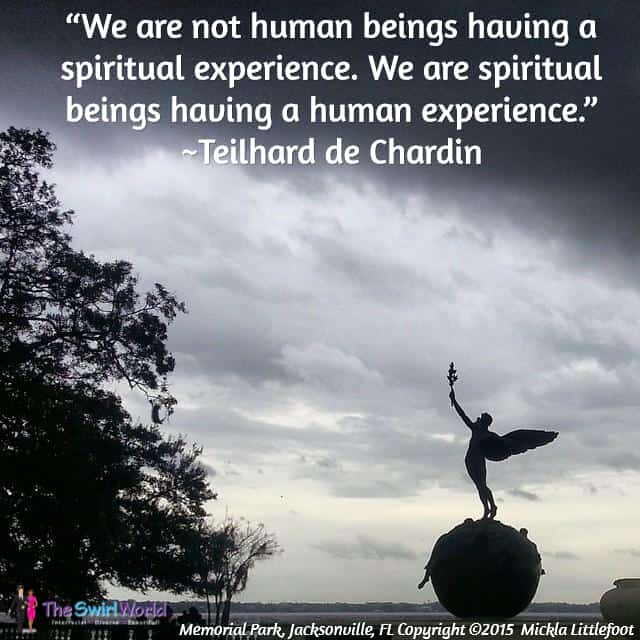

Or dolphins? The argument of the first Critique, On what grounds, for instance,ĭo we justify holding most human beings morally responsible and not chimpanzees That the ascription of moral responsibility to an entity is trivial, at leastĬases of children, the insane, and even those in “deep sadness,” it becomesĮxtend these concerns about moral responsibility to other human cases, and even Kant seems to assume in the second Critique Raises a specific problem for identifying moral responsibility. But the shift in argumentative strategy also His earlier attempts to find a non-moral argument for freedom. As Kant puts it there, one “judges that heĬan do something because he is aware that he ought to do it, and cognizesįreedom within him, which, without the moral law, would have remained unknownĬriticized for not adequately dealing with the skeptical concerns that prompted The condition of the possibility of moral responsibility. This argument in favor of a more straightforward regressive proof of freedom as By the time of the second Critique, Kant seems to have rejected Participation in an intelligible realm and thus to actual freedom (4:452). The argument of the Groundwork argues from the consciousness of the idea of freedom to Show the reality of freedom, at least in the case of human agents. In the Groundwork and the second Critique, Kant goes further, seeking to , that nature at least does not conflict with causality throughįreedom” (A558/B586). Says, “we have not been trying to establish the reality of freedom.
WE ARE NOT HUMAN BEINGS DEREK FREE
The ultimate grounds of at least some events lie in free agents. But the attempt to carve out ground for this position raises anĮvery event in nature is causally determined, it is nonetheless possible that (such as children) or human beings at certain times (such as when mad or dizzy)Īre not morally responsible seems fairly sensible. was merely physical and a matter of natural necessity” (27:559).Īlmost all human beings are morally responsible but that some human beings Instance, have been simply the consequence of “dizziness” or some other “cause There is still a question about whether such a person is morally responsible That when someone “pushes another into the water. And in another set of lectures, Kant insists That the first thing to be determined is whether or not he was mad at the time” Question can still arise “whether he is guilty of it and to what extent, so Kant even allows that when “someone has intentionally caused harm,” the That children and the insane are not morally responsible. That for Kant free choice is necessary for moral responsibility, this implies

Most tender childhood, or when he is insane, and in deep sadness, which is however has no power of free choice, e.g., in the But in his lectures Kant also claims that In the Critique of Practical Reason, Kant writes that “t he moral law commands compliance from everyone” (5:36, cf. Kant’s Empirical Markers for Moral Responsibility


 0 kommentar(er)
0 kommentar(er)
